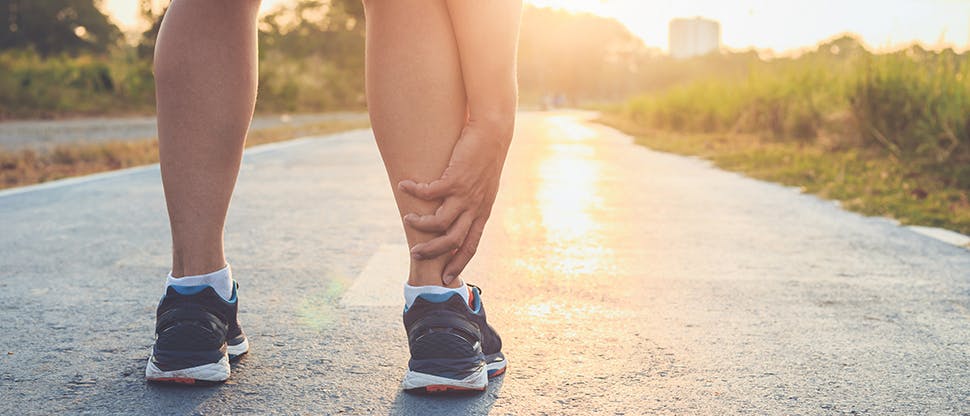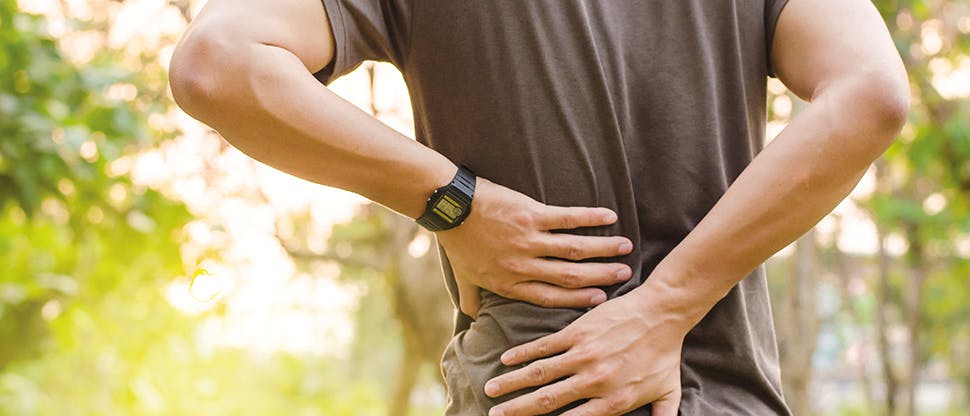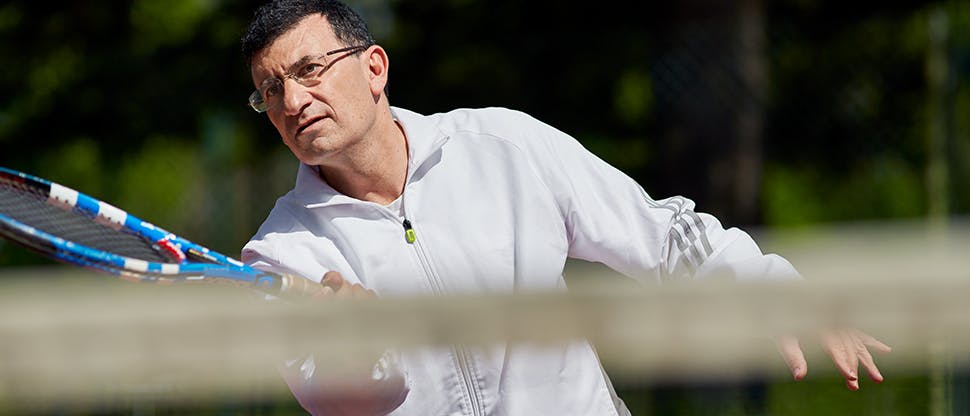Sprains and strains: Causes

Understand how sprains and strains occur
Knowing the causes of sprains and strains can help you identify these injuries, and therefore guide you to the most appropriate treatment for your patient.

Sprains and strains have specific causes
Soft-tissue injury involves a sprain, strain or direct blow to a muscle, tendon and/or ligament.1
- Sprains are caused by abnormal or excessive force applied to a joint1,2
- Strains occur when a muscle is stretched beyond its limit or has contracted too strongly1,2
- Overuse injuries, from repetitive friction, pulling, twisting or compression may also occur1

Sport is a common cause of sprains and strains, but not the only one
Soft-tissue injuries are common in sport.1,2 Indeed, muscle strains or overuse injuries account for around 50% of all injuries suffered during sport.3,4
However, these injuries can also occur through simple, everyday activities like over-stretching, tripping and falling or playing with the kids.2,3
